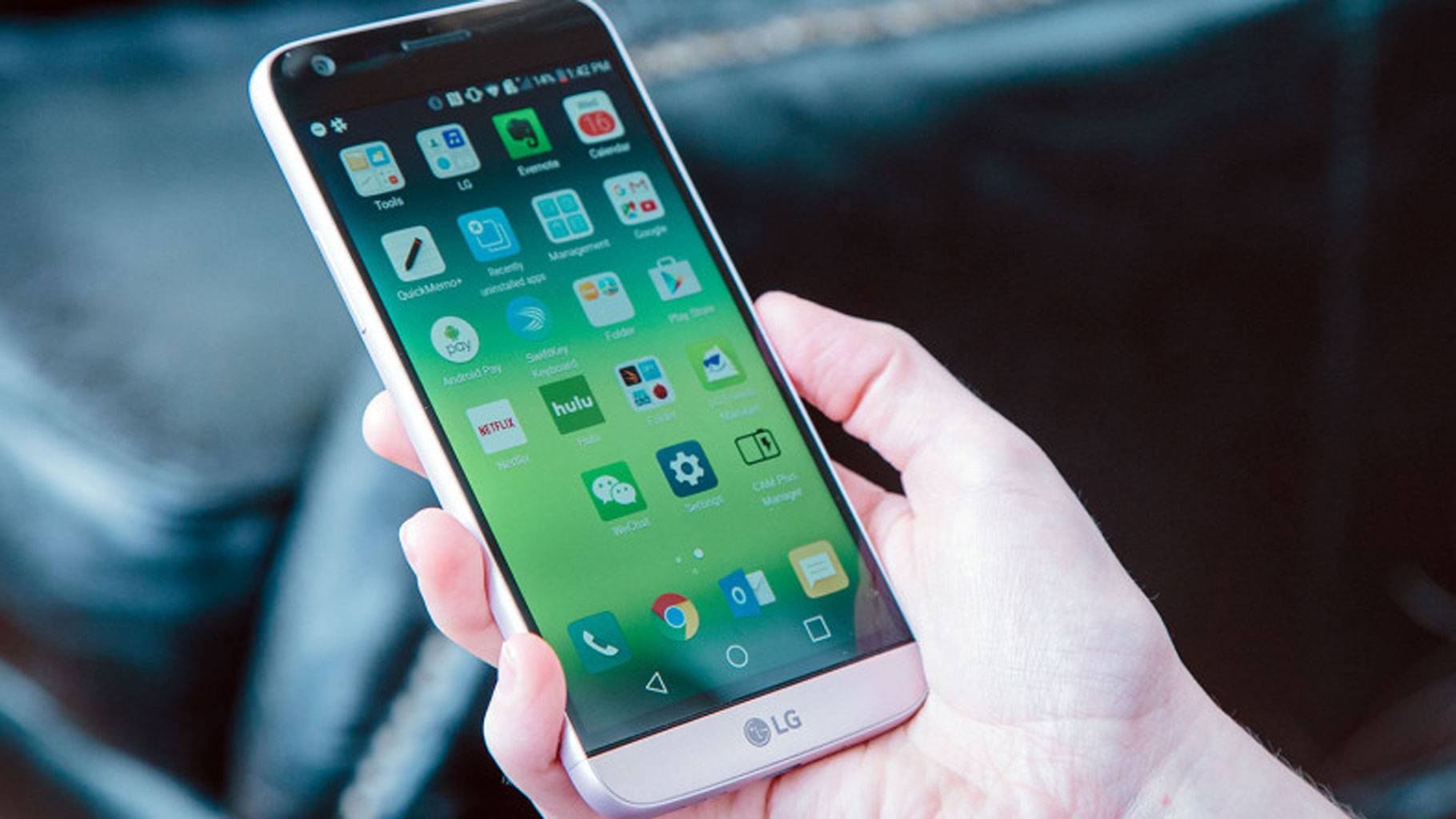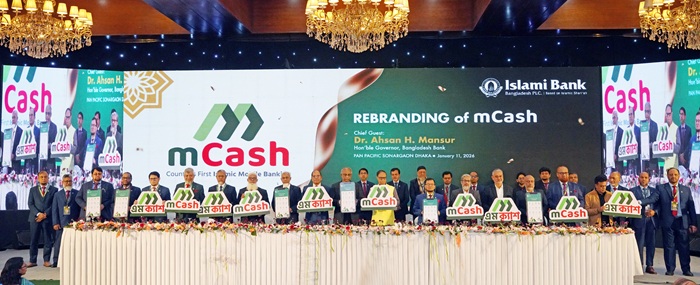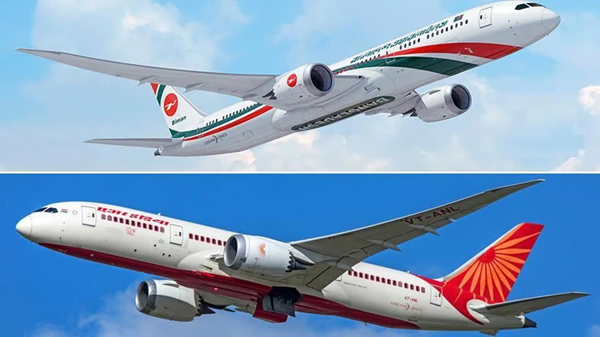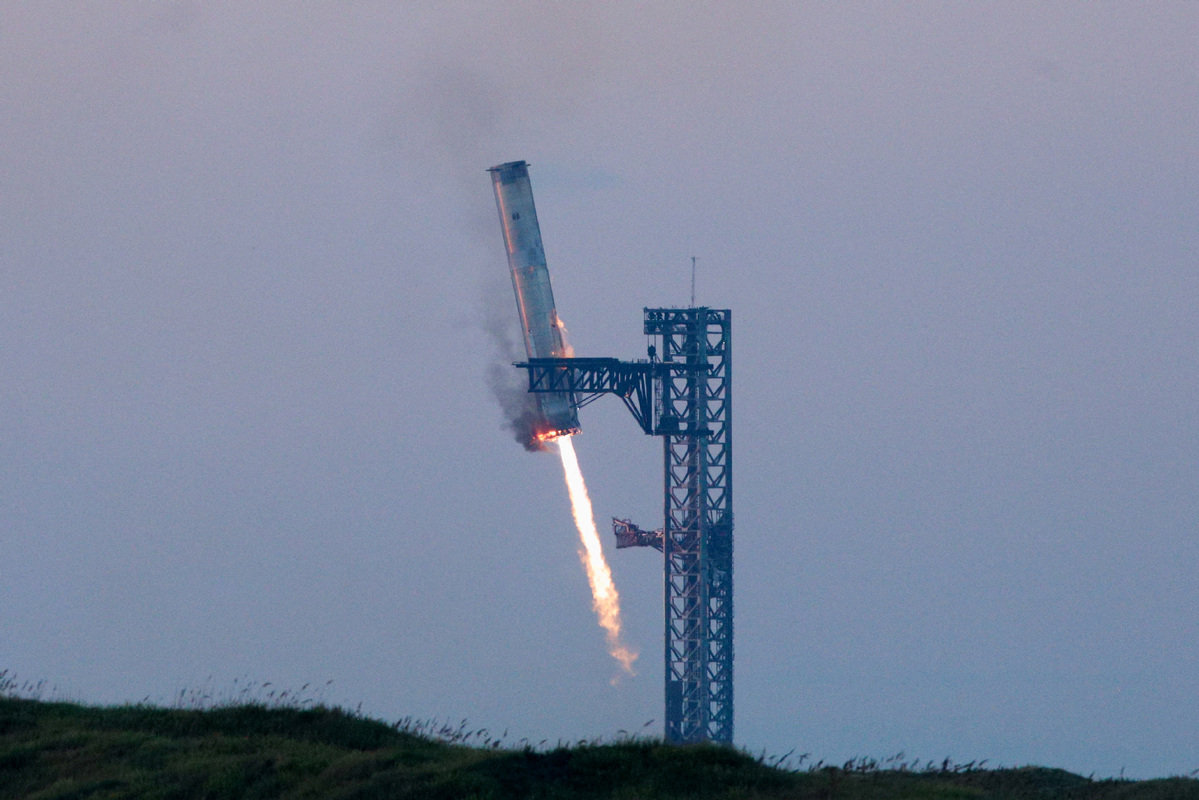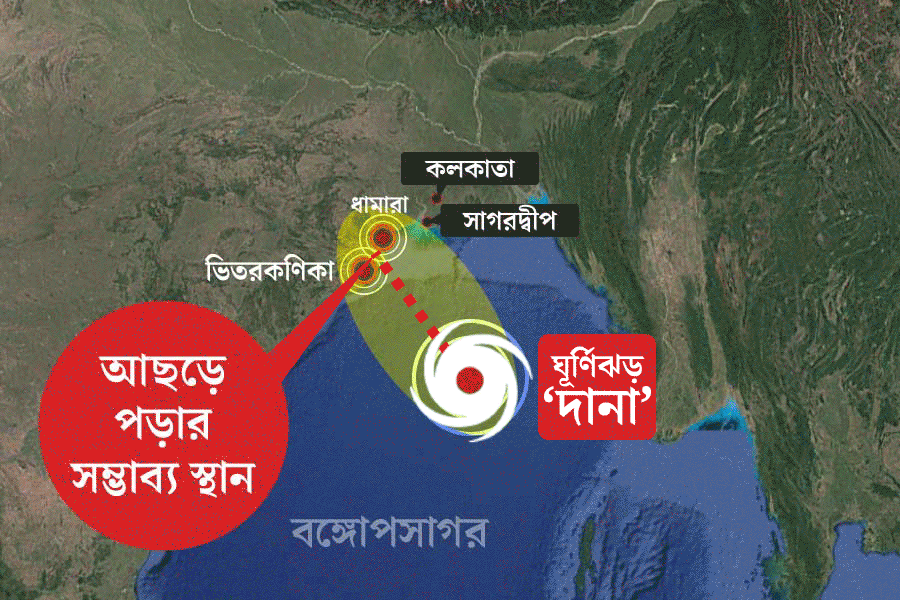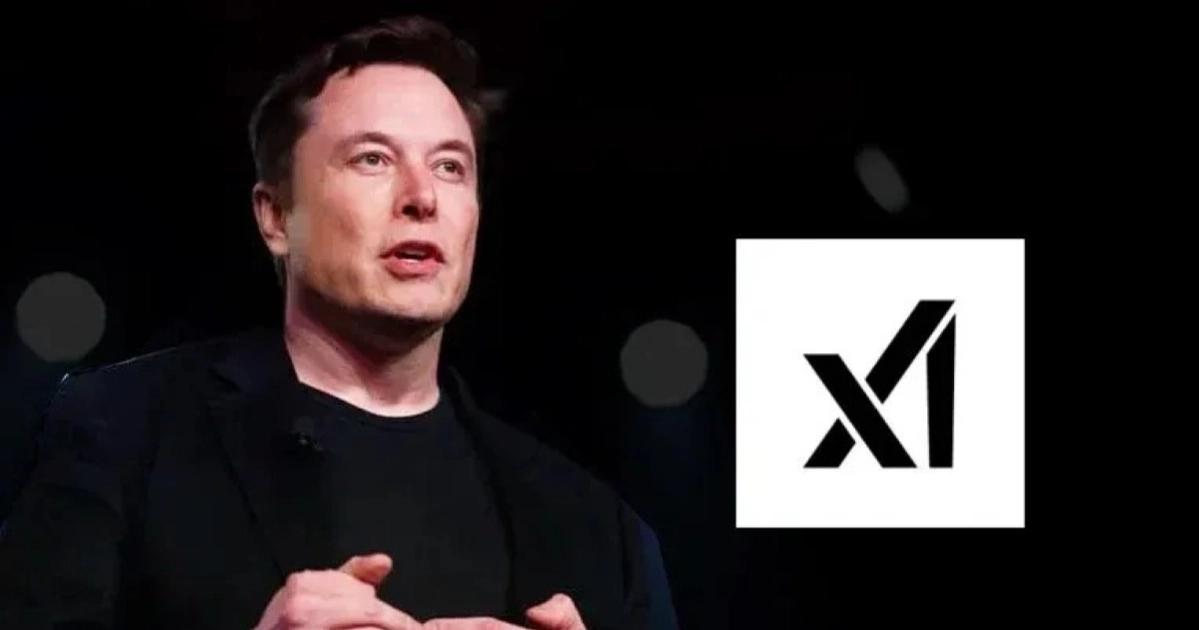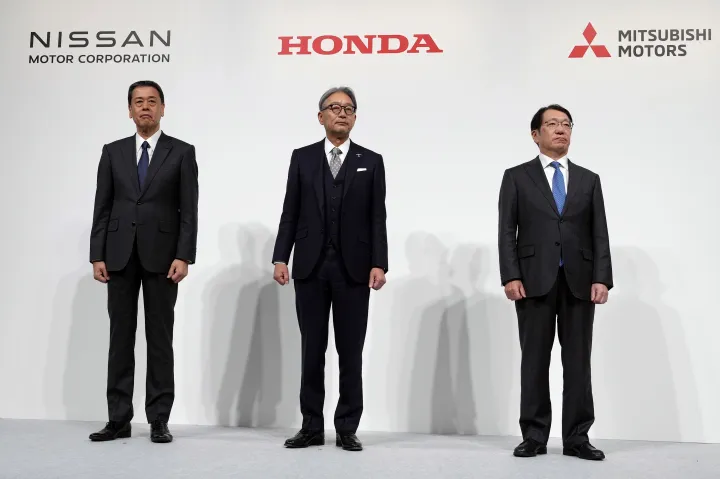
Japanese automakers Honda and Nissan have announced plans to work toward a merger that would form the world’s third-largest automaker by sales, as the industry undergoes dramatic changes in its transition away from fossil fuels.
The two companies said they had signed a memorandum of understanding on Monday and that smaller Nissan alliance member Mitsubishi Motors Corp. also had agreed to join the talks on integrating their businesses.
Automakers in Japan have lagged behind their big rivals in electric vehicles and are trying to cut costs and make up for lost time as newcomers like China’s BYD and EV market leader Tesla devour market share.
Honda’s president, Toshihiro Mibe, said Honda and Nissan will attempt to unify their operations under a joint holding company. Honda will lead the new management, retaining the principles and brands of each company. They aim to have a formal merger agreement by June and to complete the deal and list the holding company on the Tokyo Stock Exchange by August 2026, he said.
No dollar value was given and the formal talks are just starting, Mibe said. There are “points that need to be studied and discussed,” he said. “Frankly speaking, the possibility of this not being implemented is not zero.”
A merger could result in a behemoth worth more than $50 billion based on the market capitalization of all three automakers. Together, Honda, Nissan and Mitsubishi would gain scale to compete with Toyota Motor Corp. and with Germany’s Volkswagen AG. Toyota has technology partnerships with Japan’s Mazda Motor Corp. and Subaru Corp.
News of a possible merger surfaced earlier this month, with unconfirmed reports saying Taiwan iPhone maker Foxconn was seeking to tie up with Nissan by buying shares from the Japan’s company’s other alliance partner, Renault SA of France.
Nissan’s CEO Makoto Uchida said Foxconn had not directly approach his company. He also acknowledged that Nissan’s situation was “severe.”
Even after a merger Toyota, which rolled out 11.5 million vehicles in 2023, would remain the leading Japanese automaker. If they join, the three smaller companies would make about 8 million vehicles. In 2023, Honda made 4 million and Nissan produced 3.4 million. Mitsubishi Motors made just over 1 million.
“We have come to the realization that in order for both parties to be leaders in this mobility transformation, it is necessary to make a more bold change than a collaboration in specific areas,” Mibe said.
Nissan, Honda and Mitsubishi earlier agreed to share components for electric vehicles like batteries and to jointly research software for autonomous driving to adapt better to electrification.











